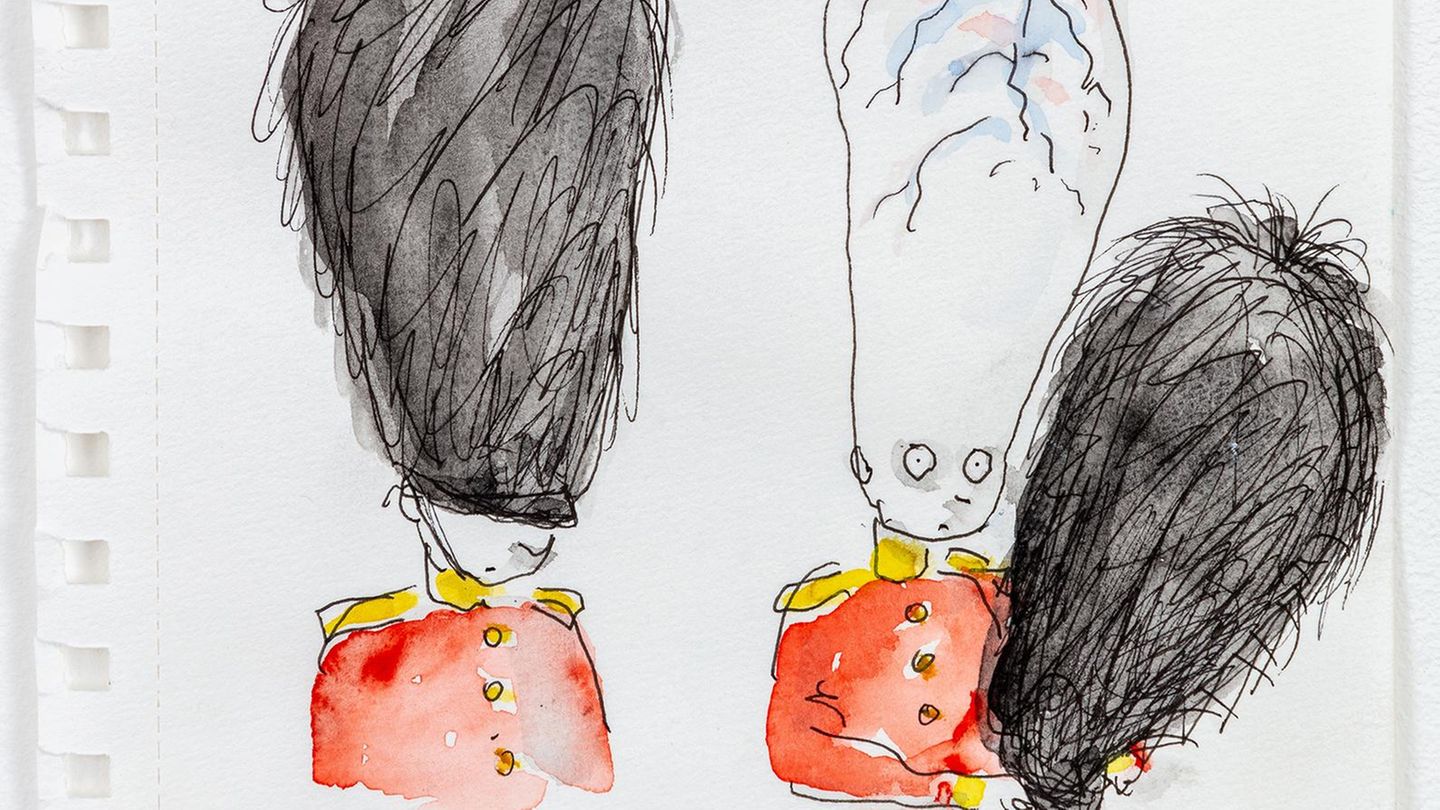Through this decree issued in the month of September, and based on the argument of the need to make viable requests that are supported by “good faith”, the concept and scope of what is known as “public information” was modified. : “Public information will not be understood as information that contains data of a private nature that was generated, obtained, transformed, controlled or guarded by private human or legal persons or due to the absence of a compromised public interest.“.
All non-governmental blocs expressed their reluctance to this modification and, despite the defense of the initiative by the Chief of Staff Guillermo Francosthe Government defined the presence in the legislative sphere of Beatriz Anchorena, head of the Agency for Access to Public Informationwho will respond to the concerns of the deputies in the Constitutional Affairs Commission.
I continued live
Embed – LIVE COMMISSION: CONSTITUTIONAL MATTERS – October 8, 2024 – Deputies Argentina
What DNU 780/24 says about access to public information
He Decree 780/2024published on September 2 in the Official Gazette, the Executive Branch regulated the Article 1 of Law No. 27,275 and it was highlighted: “The violation of the principle of good faith by all the actors involved “configures the assumption provided for in article 10 of the Civil and Commercial Code of the Nation.”
In addition to the aforementioned redefinition of what is known as “public information”, the conceptualization of “document” was changed, establishing that “Preparatory deliberations and working papers, or the preliminary examination of a matter, will not be considered documents of a public nature.“.
At the same time, it is clarified that information that “due to its specificity, can be used to identify routines, movements and locations of a person; its public knowledge, dissemination or dissemination may, directly or indirectly, cause damages and losses.; “is related to complaints or ongoing investigations that, if made public, could put complainants, witnesses, victims or any other person involved at risk.”
Article 8 establishes that “the exception will be inapplicable when the owner of the data has given consent for its disclosure or when the data are closely related to the powers of public officials.” “In judicial cases where cases of serious violations of human rights, genocide, war crimes or crimes against humanity are investigated and tried, the exceptions will not be applicable. contained in this article, and the obligated subject must provide the information required within the framework of the case,” he adds.
Finally, it is proposed that “the Agency for Access to Public Information will take into consideration, for the purposes of preparing statistics, those repetitive requests that generate an unnecessary waste of administrative activity by the obligated subjectsor that constitute an abuse in the exercise of the right of access to public information by the requesters.”
Source: Ambito
David William is a talented author who has made a name for himself in the world of writing. He is a professional author who writes on a wide range of topics, from general interest to opinion news. David is currently working as a writer at 24 hours worlds where he brings his unique perspective and in-depth research to his articles, making them both informative and engaging.




